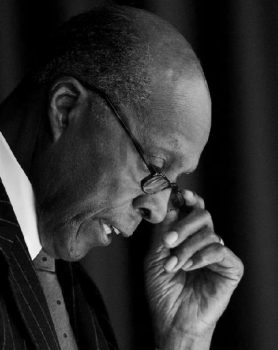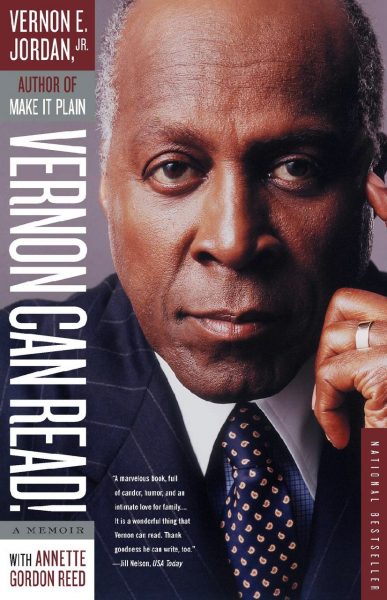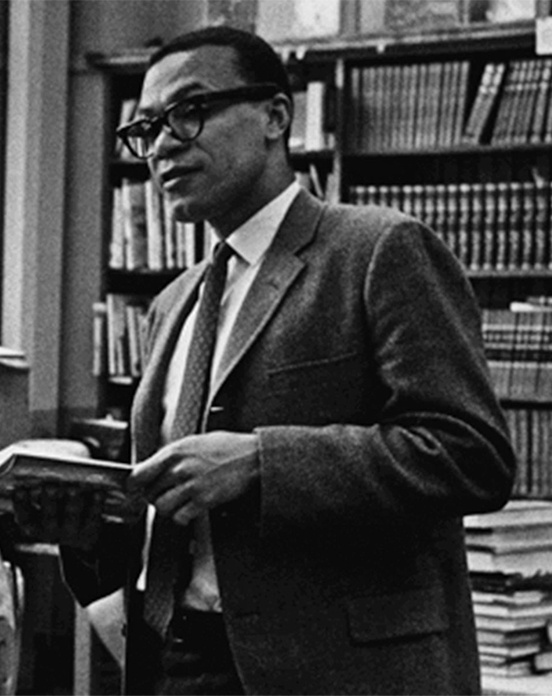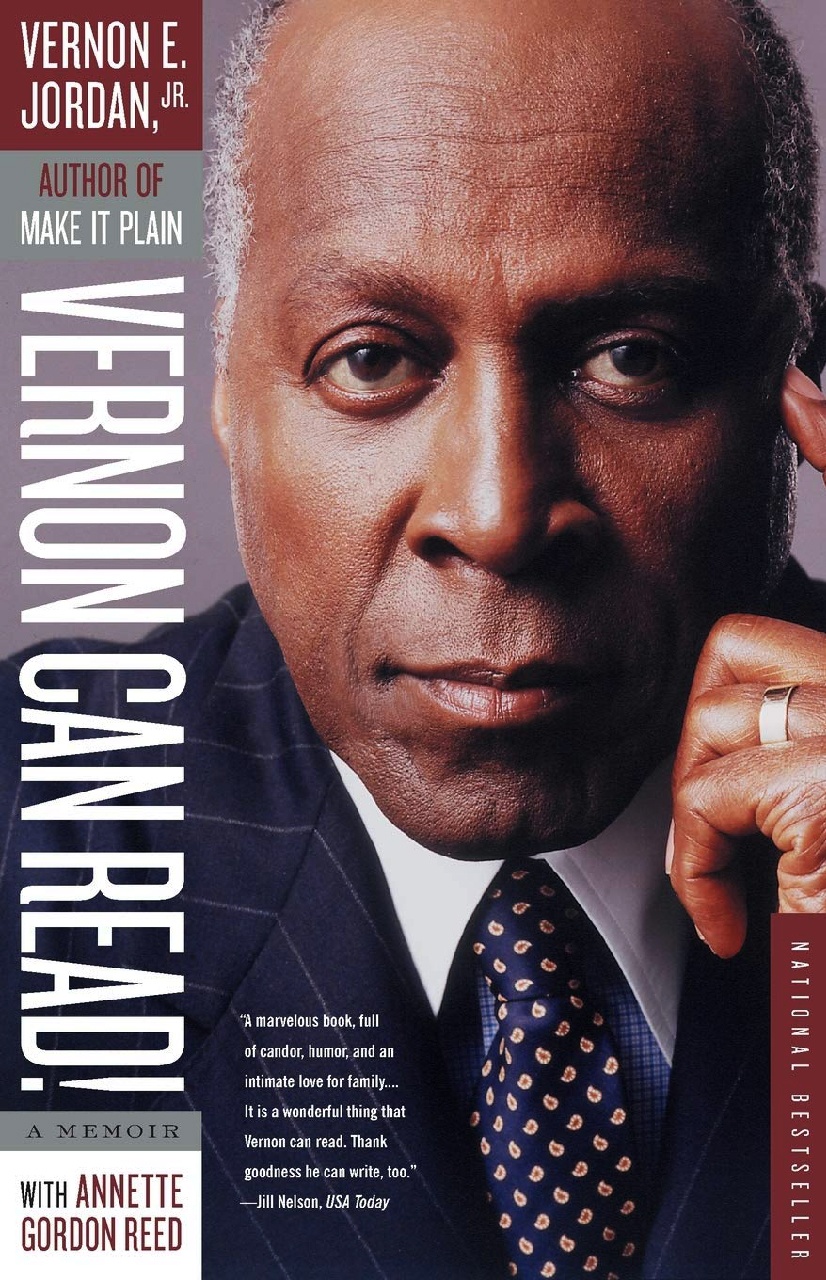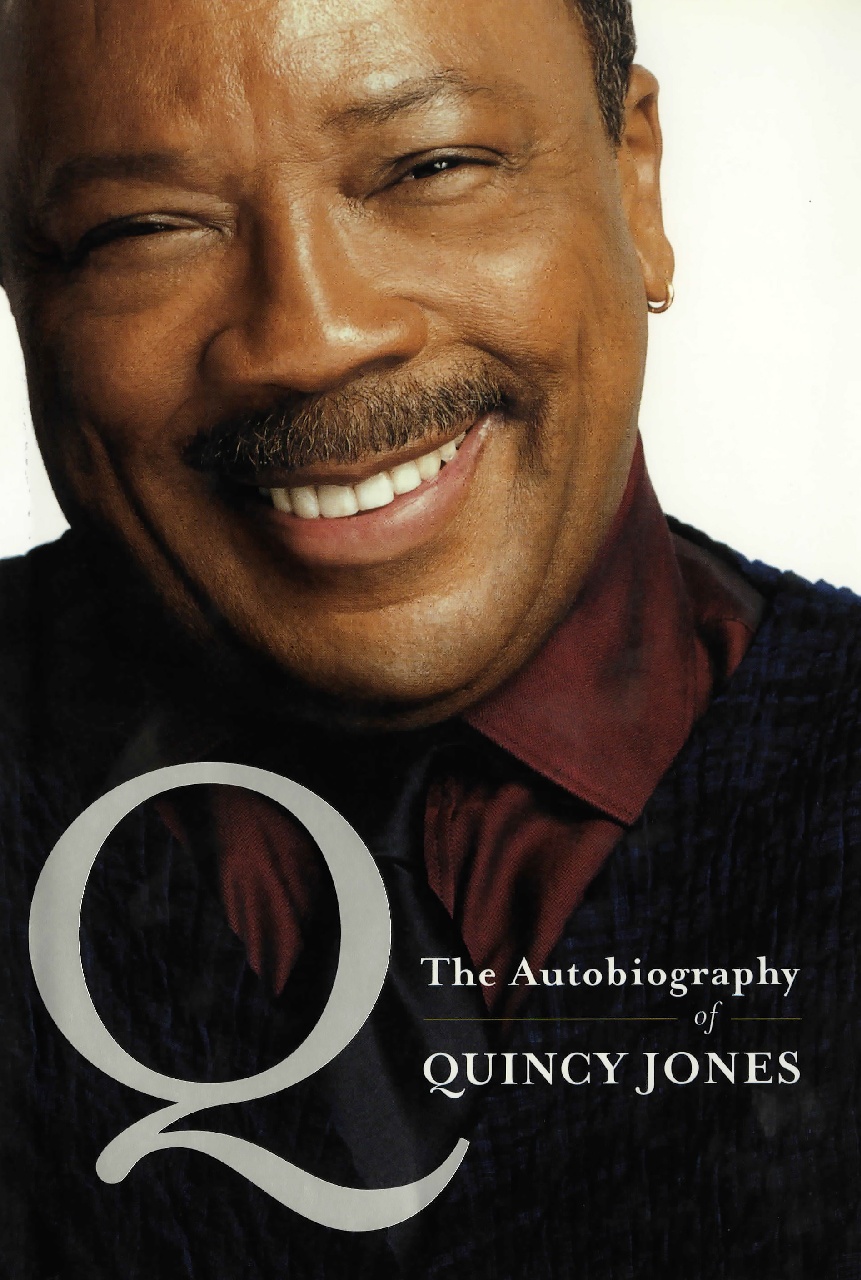Vernon E. Jordan, Jr. was a managing director of Lazard Frères & Co. LLC in New York. Before his work at Lazard, he served as a senior executive partner with the law firm of Akin, Gump, Strauss, Hauer & Feld, L.L.P in Washington, D.C., where he remains of counsel.
Jordan was an influential voice in American law and politics. Over the years he has served as President and Chief Executive Officer of the National Urban League, Inc., Executive Director of the United Negro College Fund, Inc., Director of the Voter Education Project of the Southern Regional Council, Attorney-Consultant, U.S. Office of Economic Opportunity, Assistant to the Executive Director of the Southern Regional Council and Georgia Field Director of the National Association for the Advancement of Colored People.
Jordan was the chairman of the Clinton Presidential Transition Team in 1992. He has also held a number of presidential appointments, including the President’s Advisory Committee for the Points of Light Initiative Foundation, the Secretary of State’s Advisory Committee on South Africa, the Advisory Council on Social Security, the Presidential Clemency Board, the American Revolution Bicentennial Commission, the National Advisory Committee on Selective Service and the Council of the White House Conference “To Fulfill Thee Rights.”
Jordan’s autobiography covers his fascinating life from childhood through the 1980s, including the Civil Rights era, during which he played a prominent role. In the 1960s, Jordan was an advocate for the desegregation of Georgia’s colleges and helped escort a female black student through an angry mob when the University of Georgia was desegregated. He also participated in the White House Conference on Civil Rights.
Born in Atlanta, Jordan graduated from DePauw University, where he was the only black student in his class, and he earned his law degree form Howard University. He was a member of the American Bar Association, the National Bar Association and The Bilderberg Meetings. Jordan held honorary degrees from more than 50 colleges and universities and also sat on the board of directors for many major corporations.
